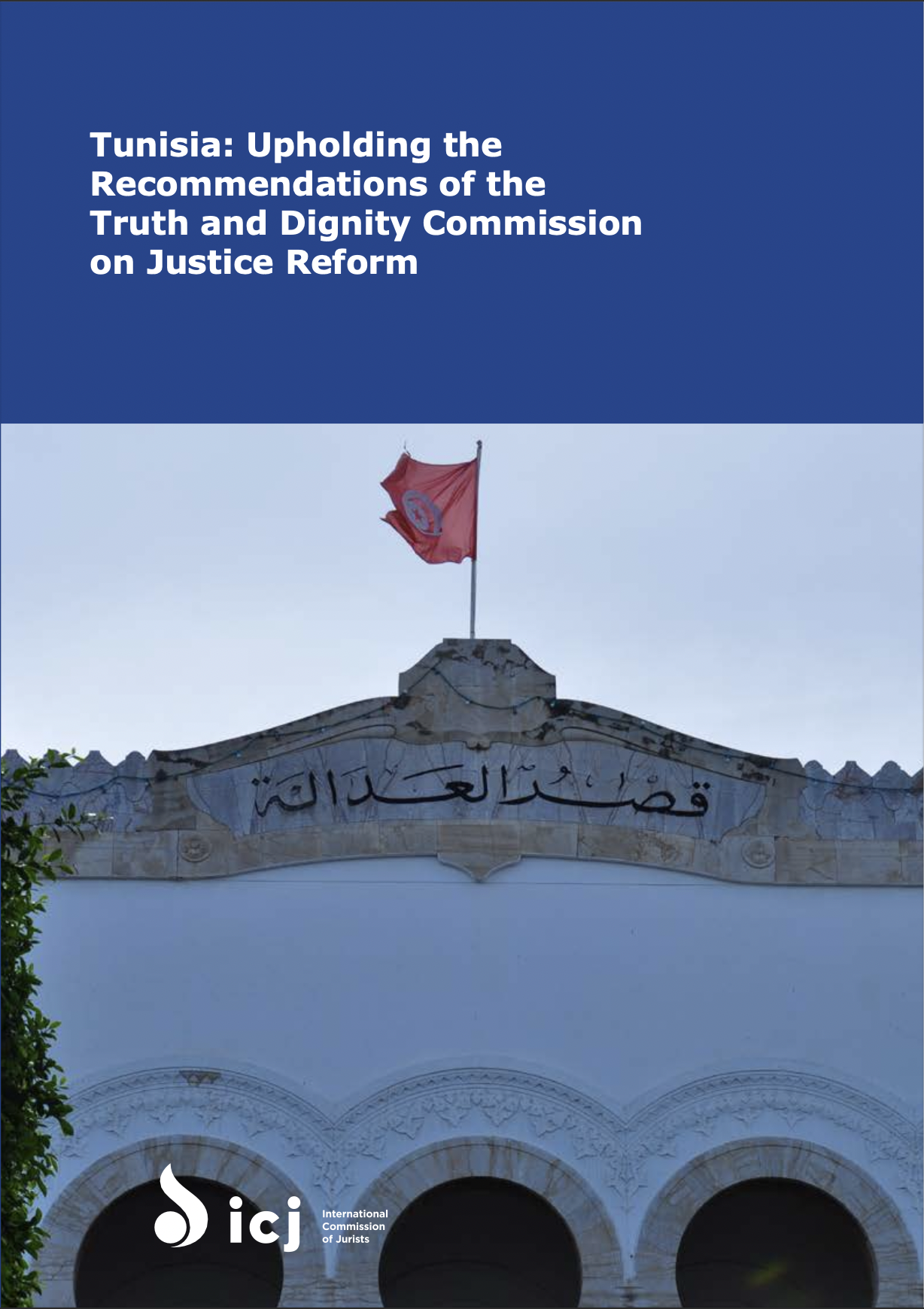
Dec 9, 2021 | News, Publications
Tunisia’s authorities have failed to act upon the IVD recommendations to uphold judicial independence as a prerequisite to the rule of law and a fundamental safeguard for constitutional rights and freedoms, the International Commission of Jurists (ICJ) said in a briefing paper published today.
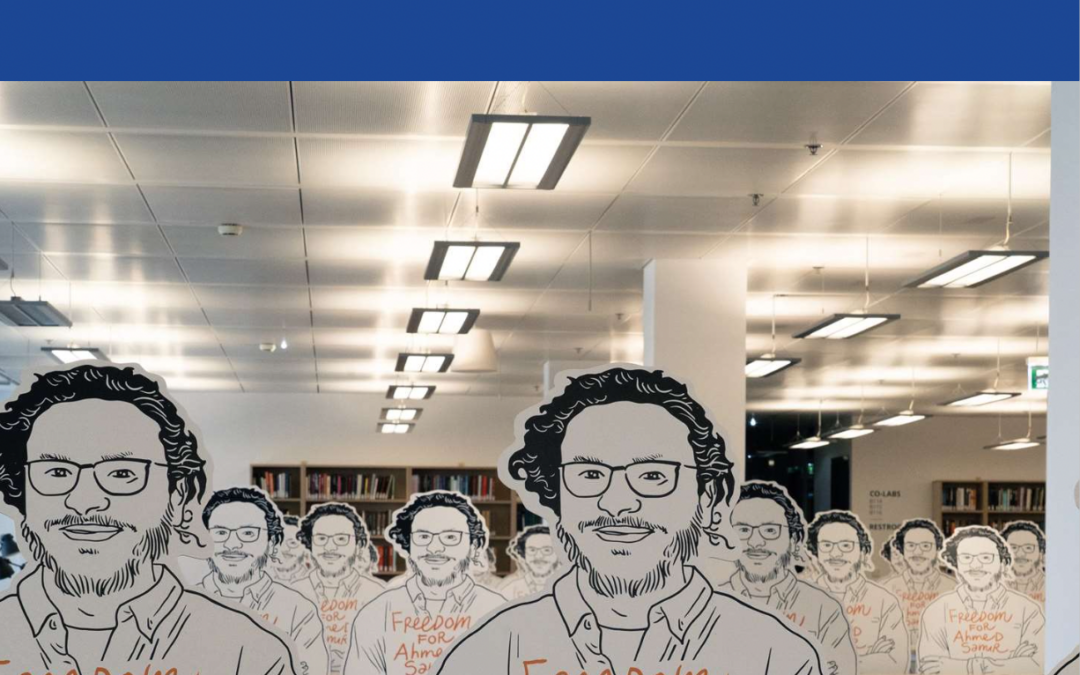
Nov 26, 2021 | News, Publications
The International Commission of Jurists (ICJ) has summarized the conclusions of a new report about the case of Ahmed Samir Santawy issued by the Egyptian Commission on Rights and Freedoms (ECRF) in a briefing paper released today.
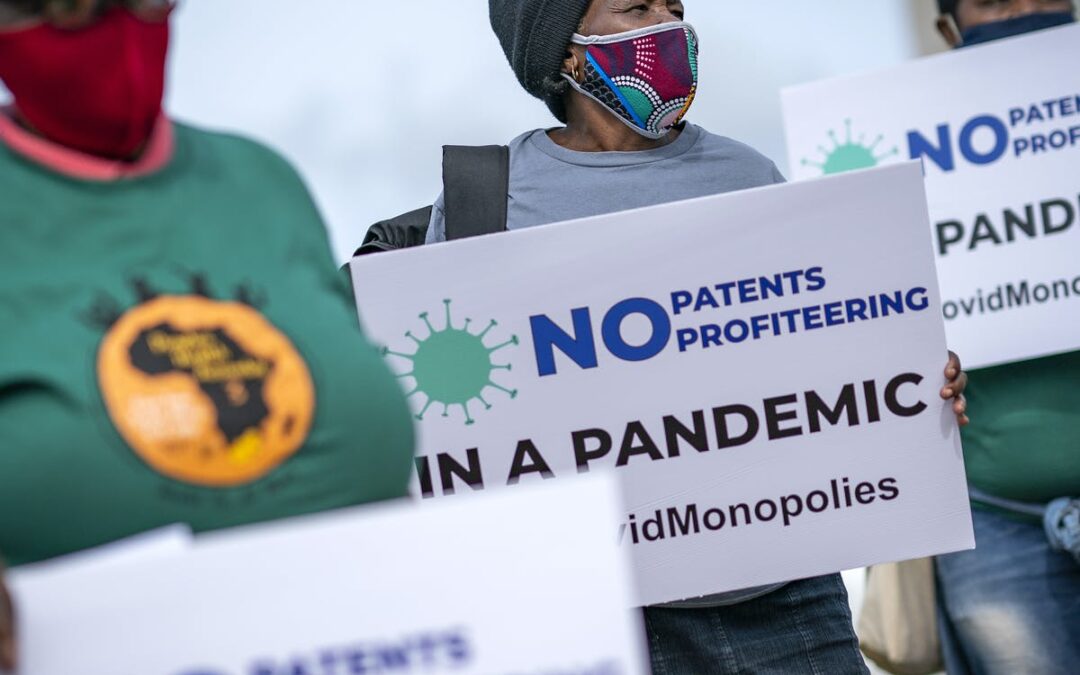
Nov 8, 2021 | News, Publications
Member States of the WTO who block or otherwise impede the adoption of a waiver of intellectual property rights for COVID-19 vaccines and other therapeutics are breaching their legal obligations to realize the rights to health, equality, life and science, the ICJ said today in an expert legal opinion published with the endorsement of over 85 jurists from across the world.
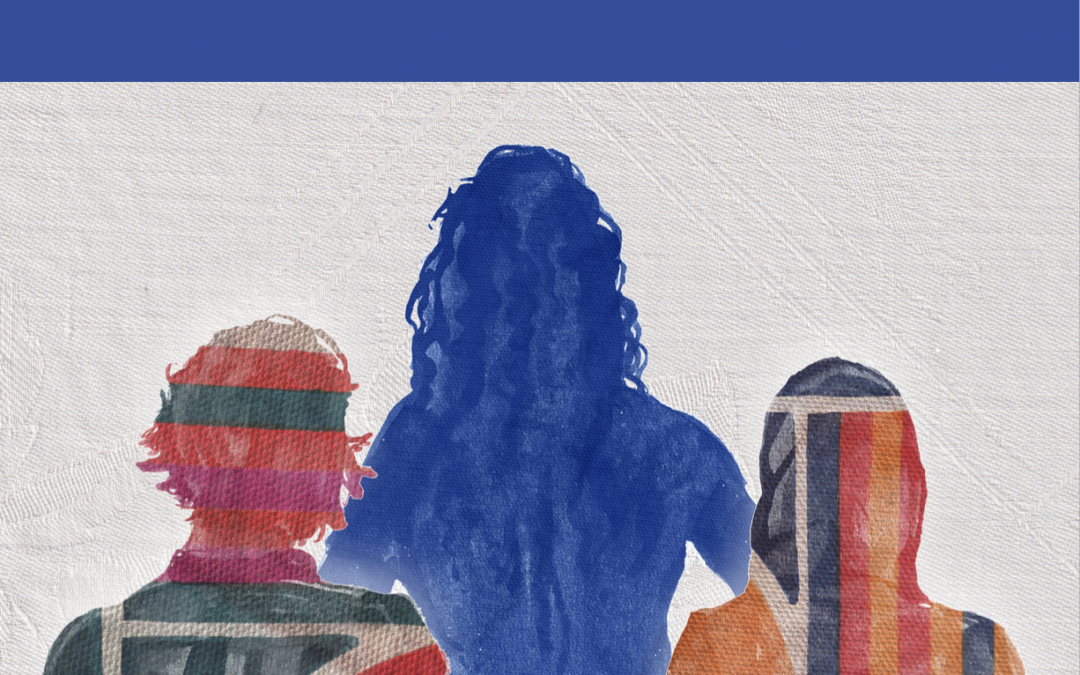
Oct 26, 2021 | News, Publications, Thematic reports
The Libyan authorities should improve the protection of women’s and girls’ human rights in the Draft Constitution and ensure their full, unimpeded participation in the constitutional reform process, the International Commission of Jurists (ICJ) said in a briefing paper published today.
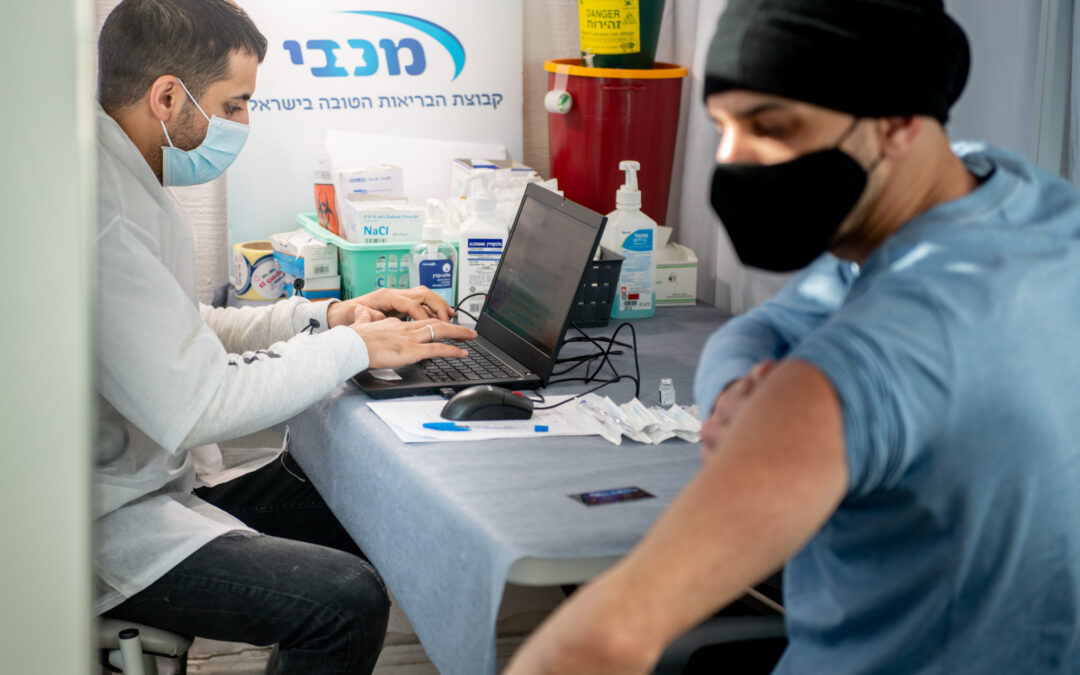
Oct 5, 2021 | News, Publications
Israel must immediately remedy its failure to ensure full and equitable distribution of COVID-19 vaccines in the Occupied Palestinian Territory (OPT), the International Commission of Jurists (ICJ) said in a briefing paper released today.
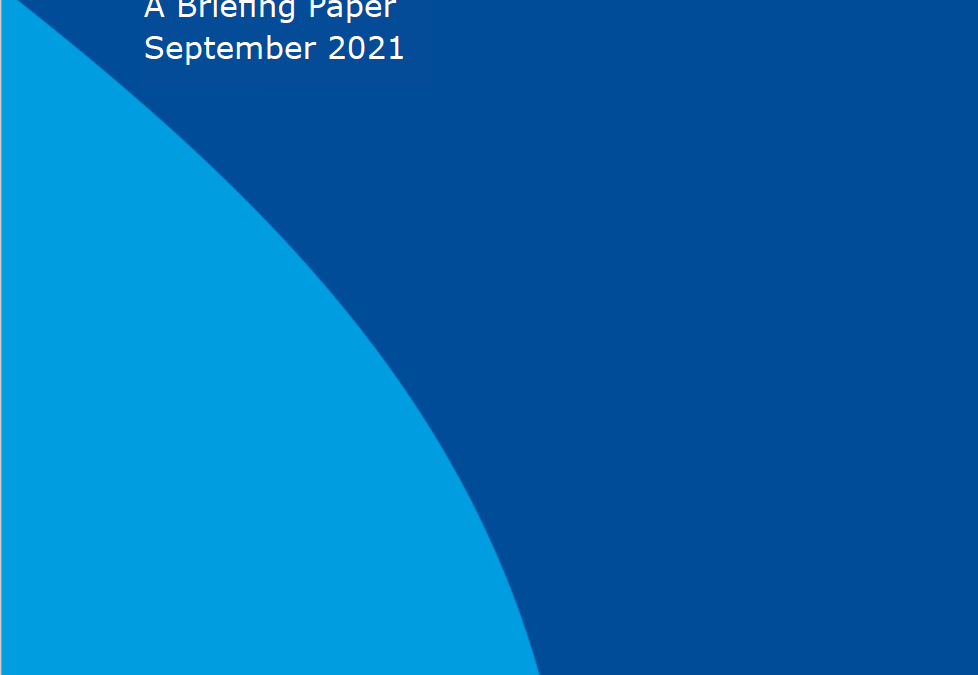
Sep 13, 2021 | News, Publications
Nepal’s authorities have largely failed to comply with their obligations under international law as well as the country’s constitution to guarantee the right to heath of all people facing the continued threat of the COVID-19 pandemic, said the ICJ in a briefing paper published today.










